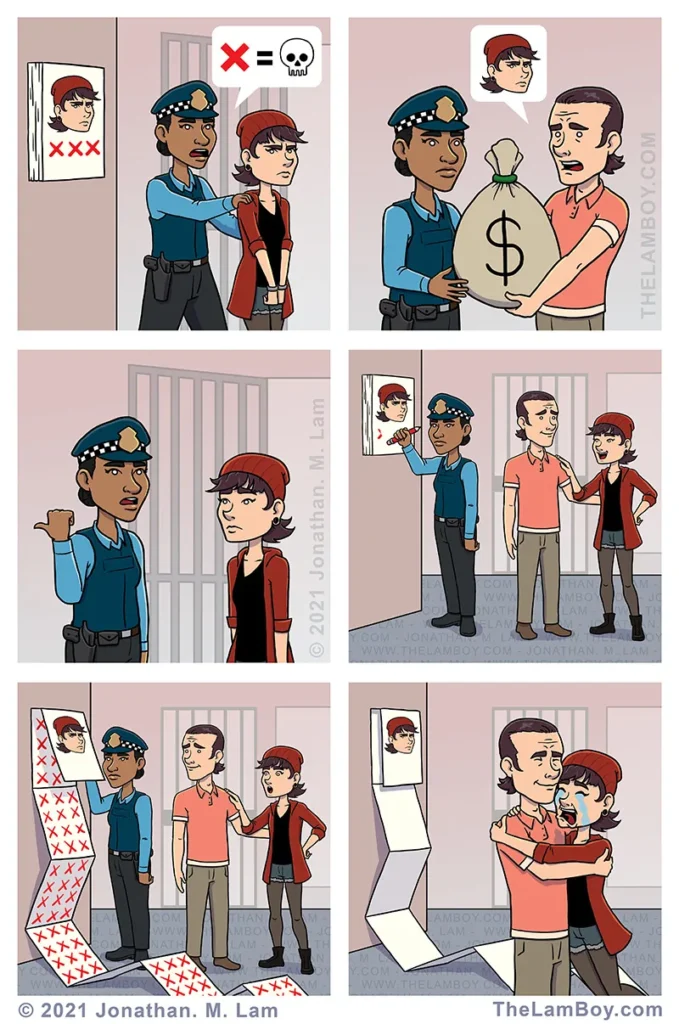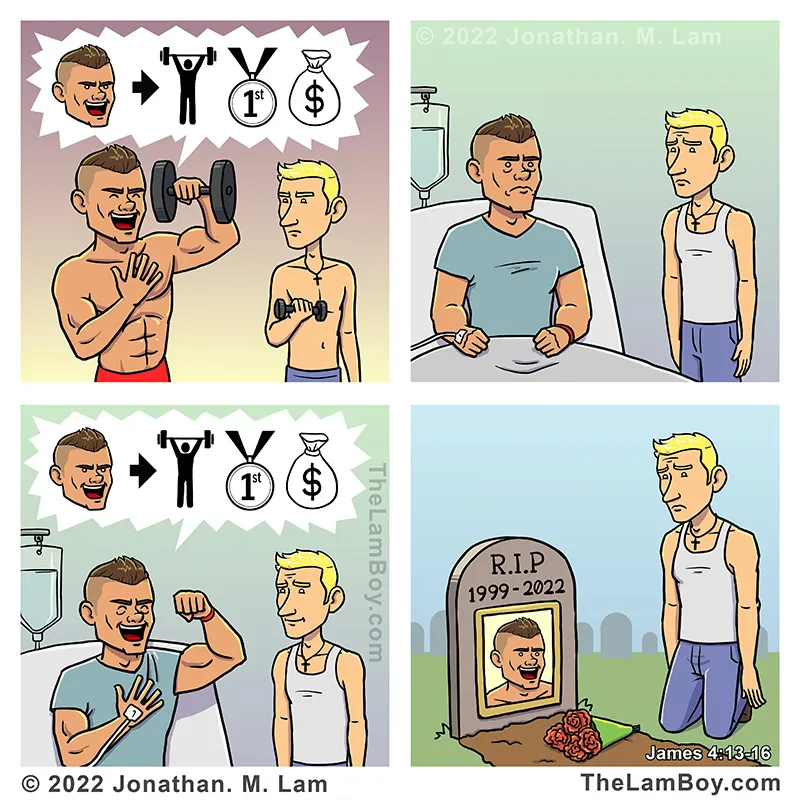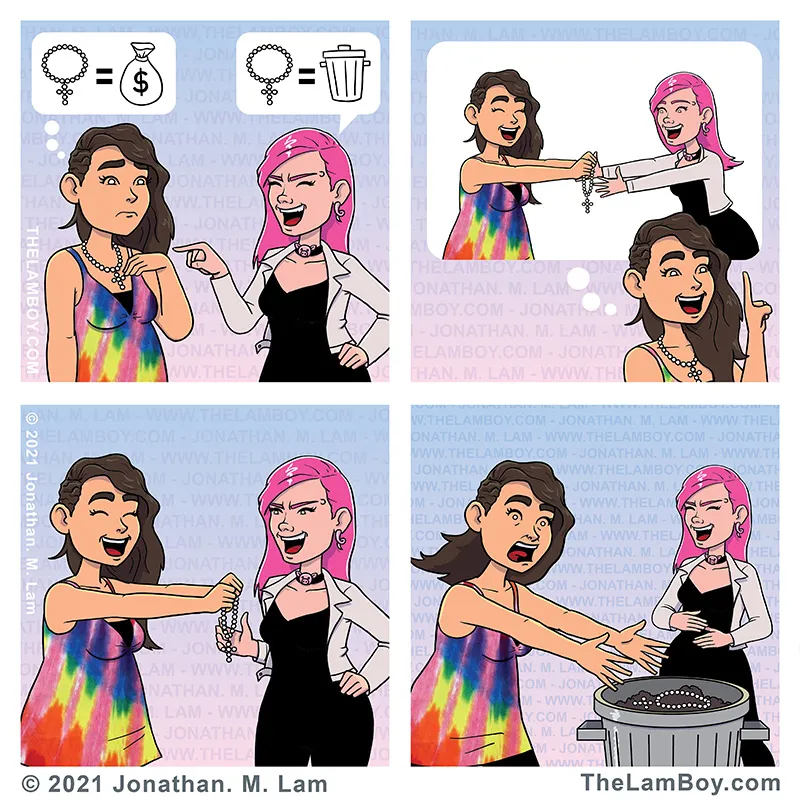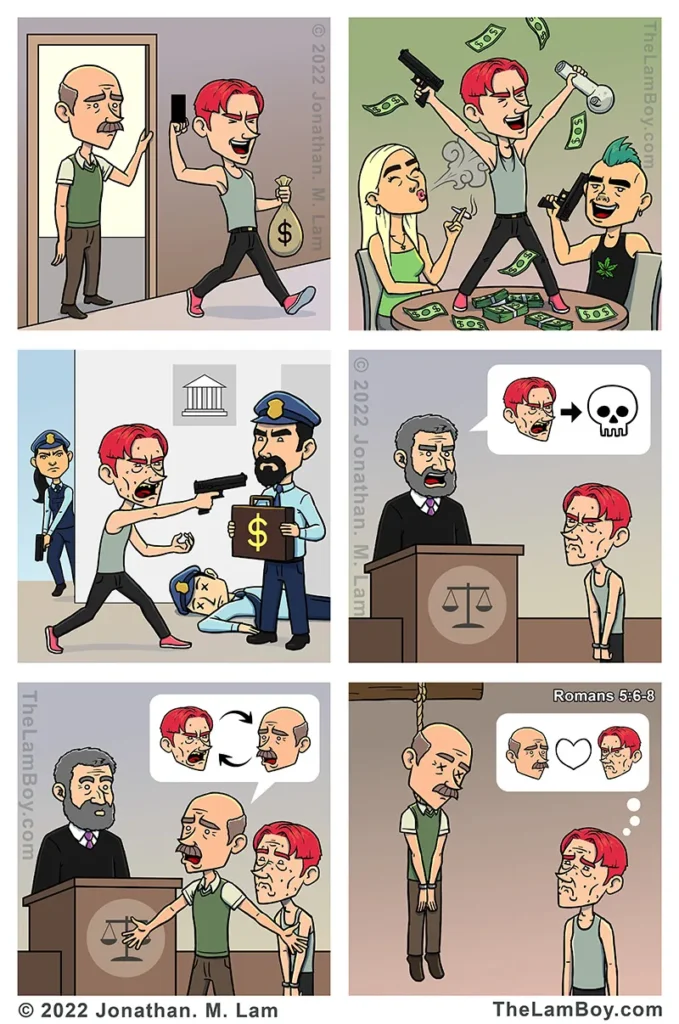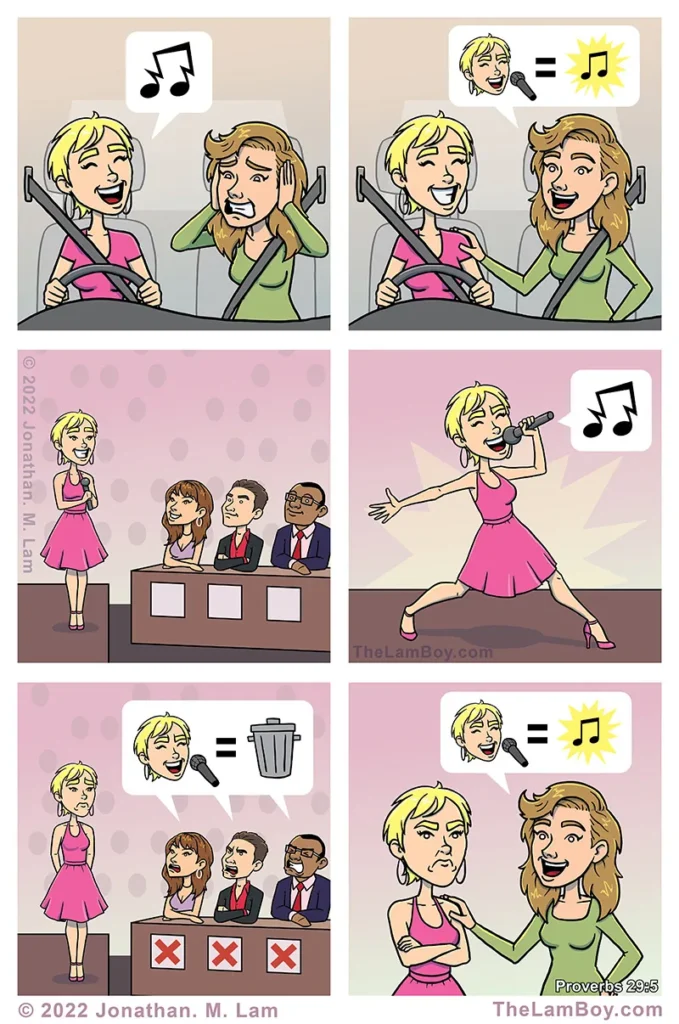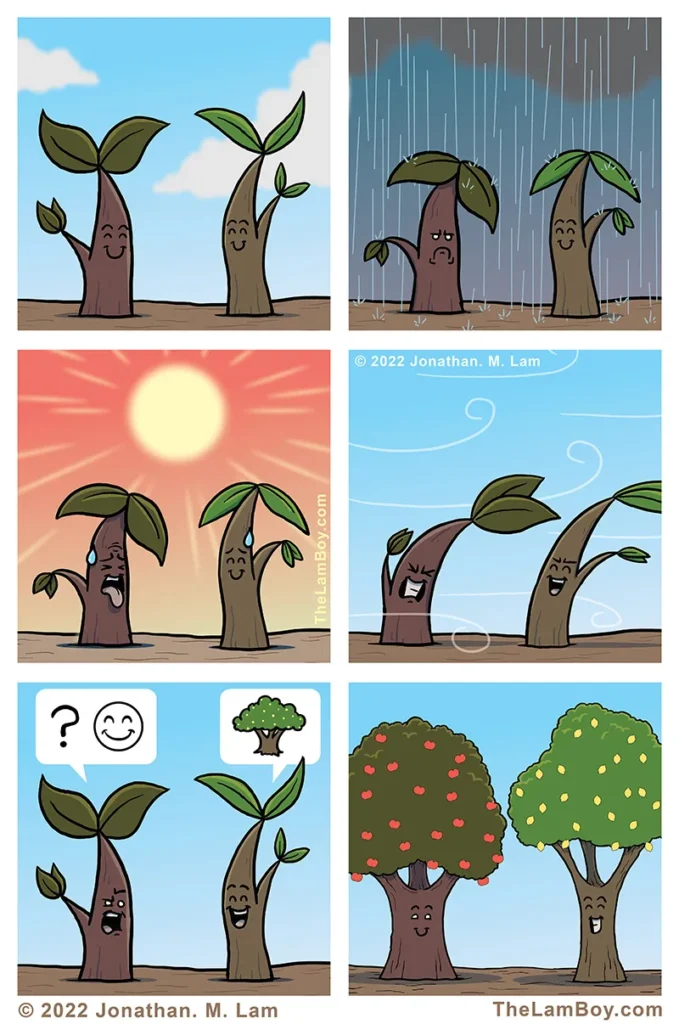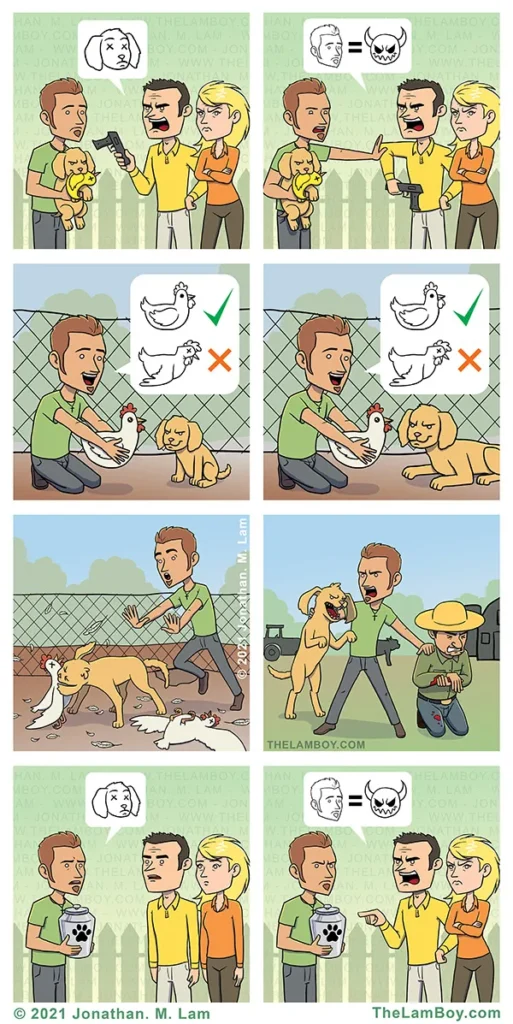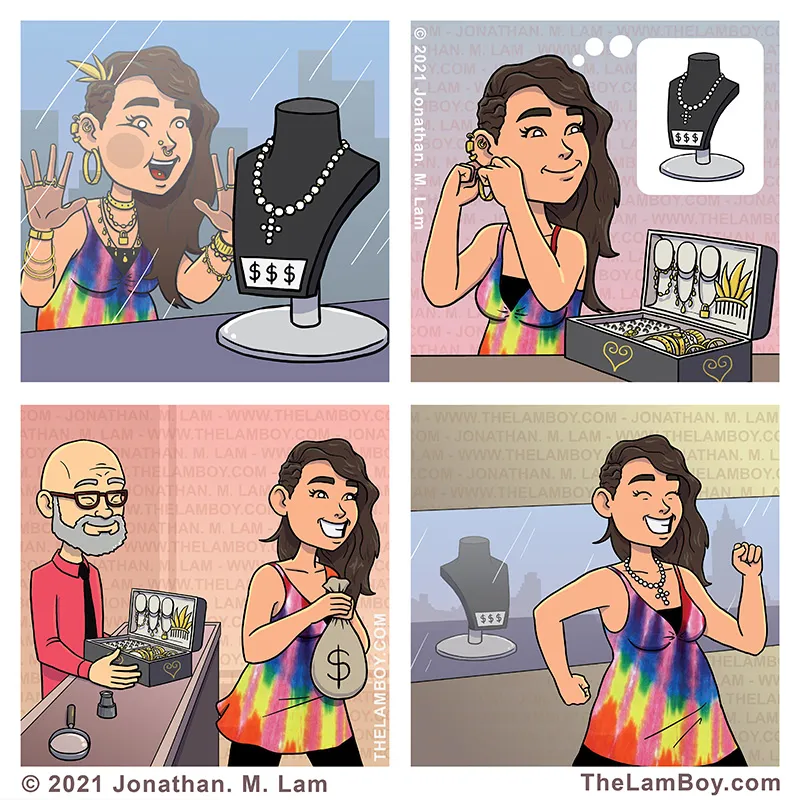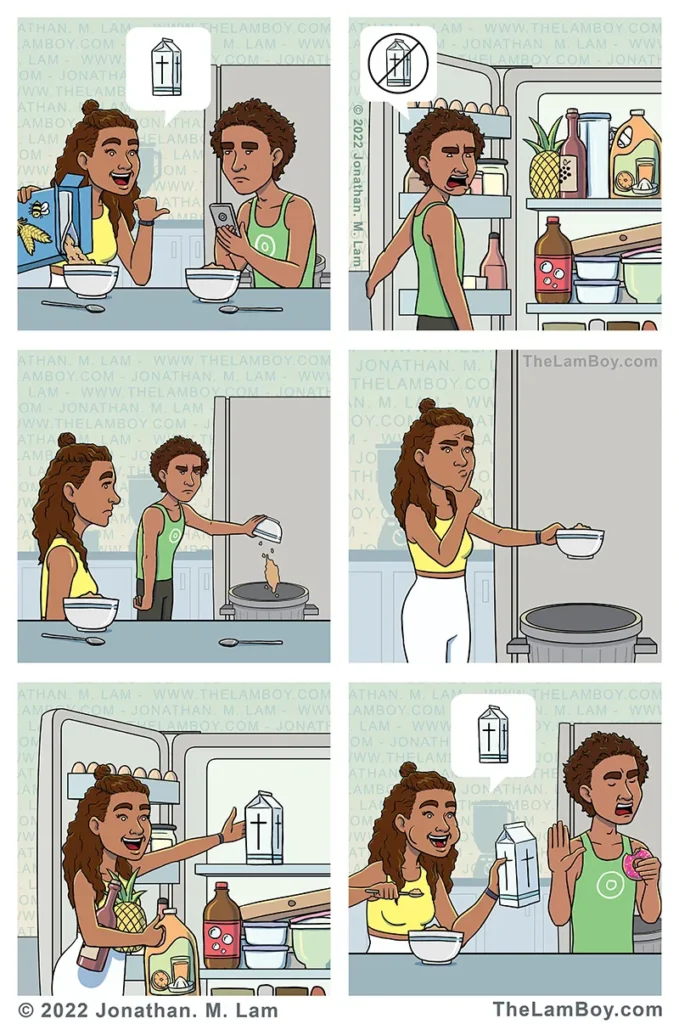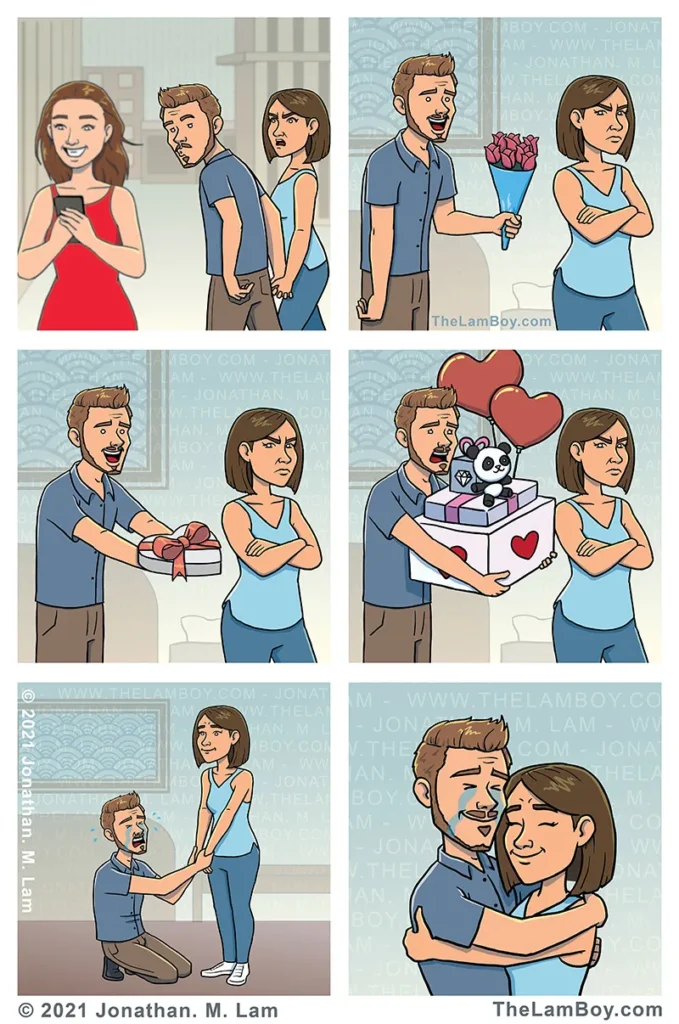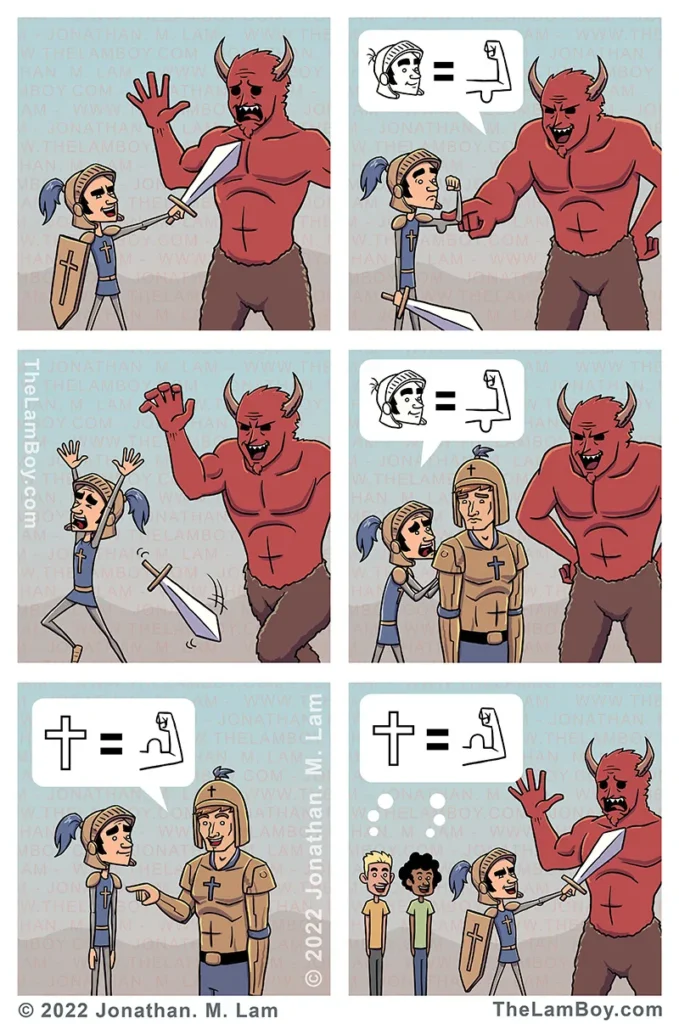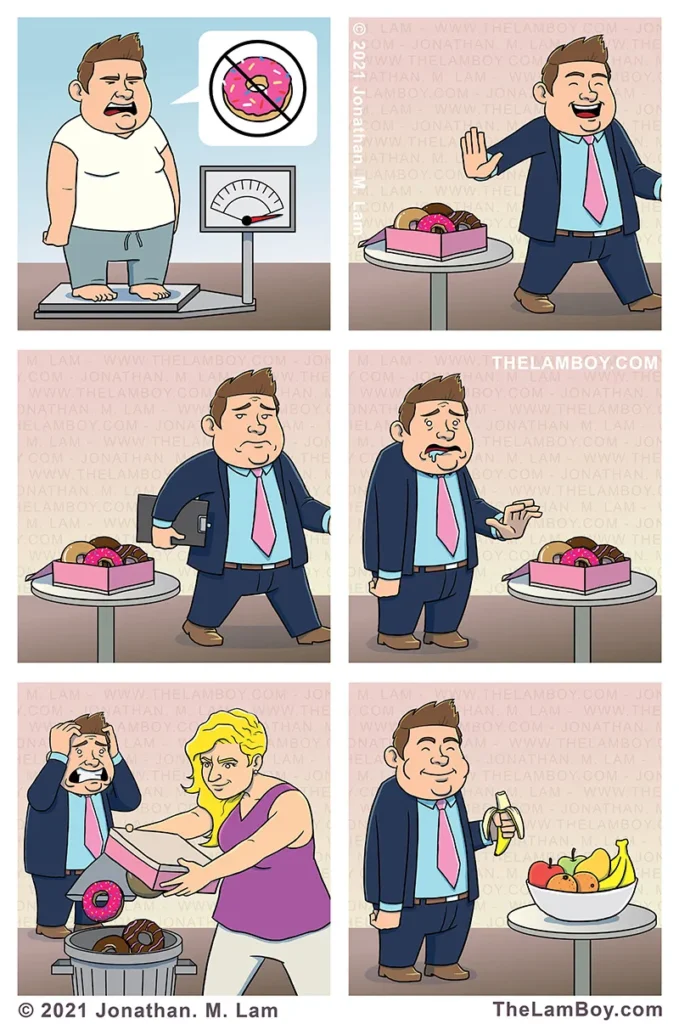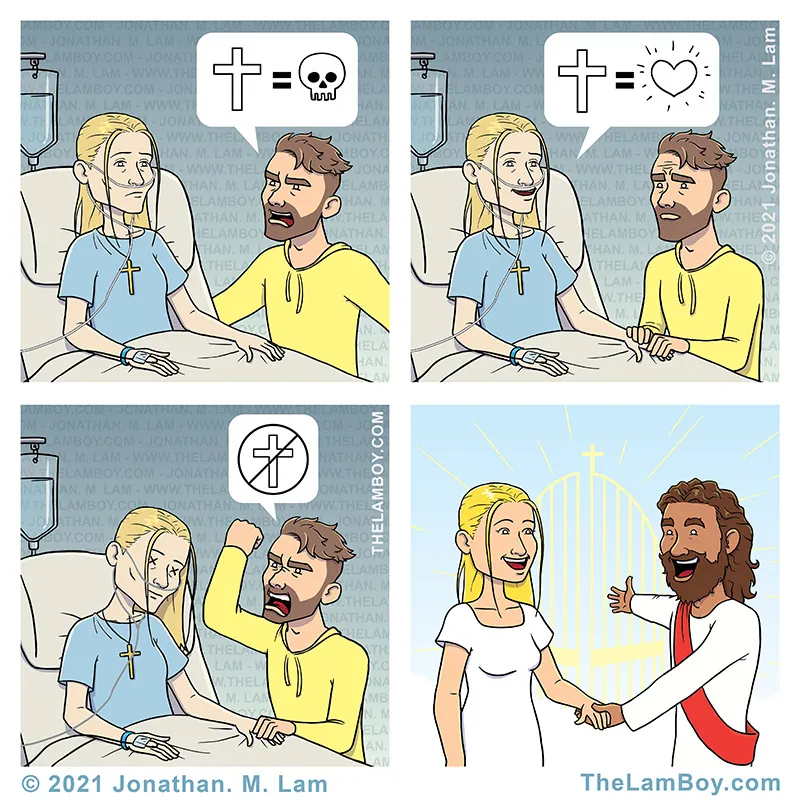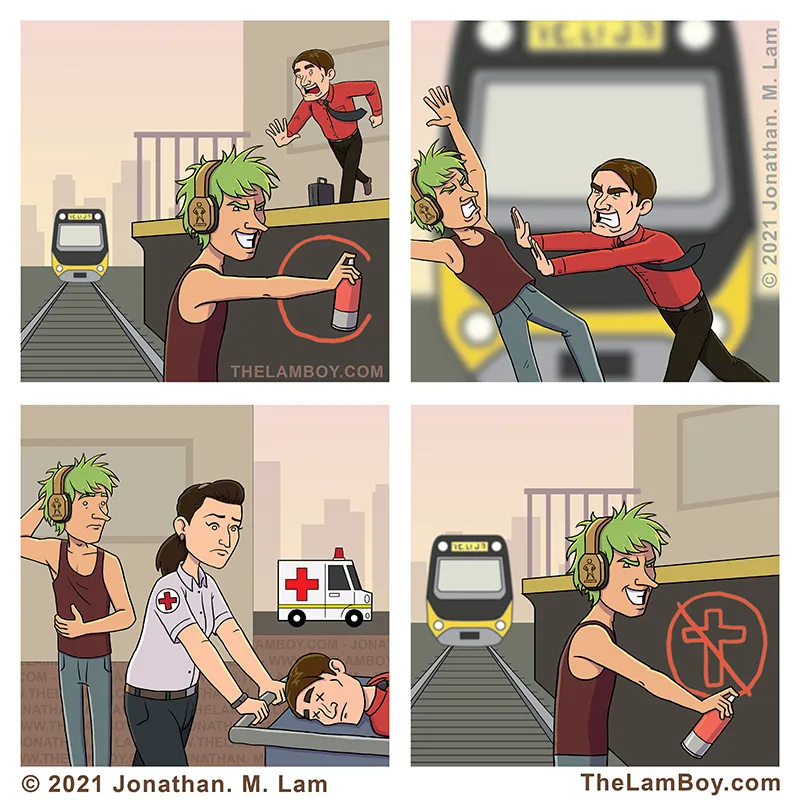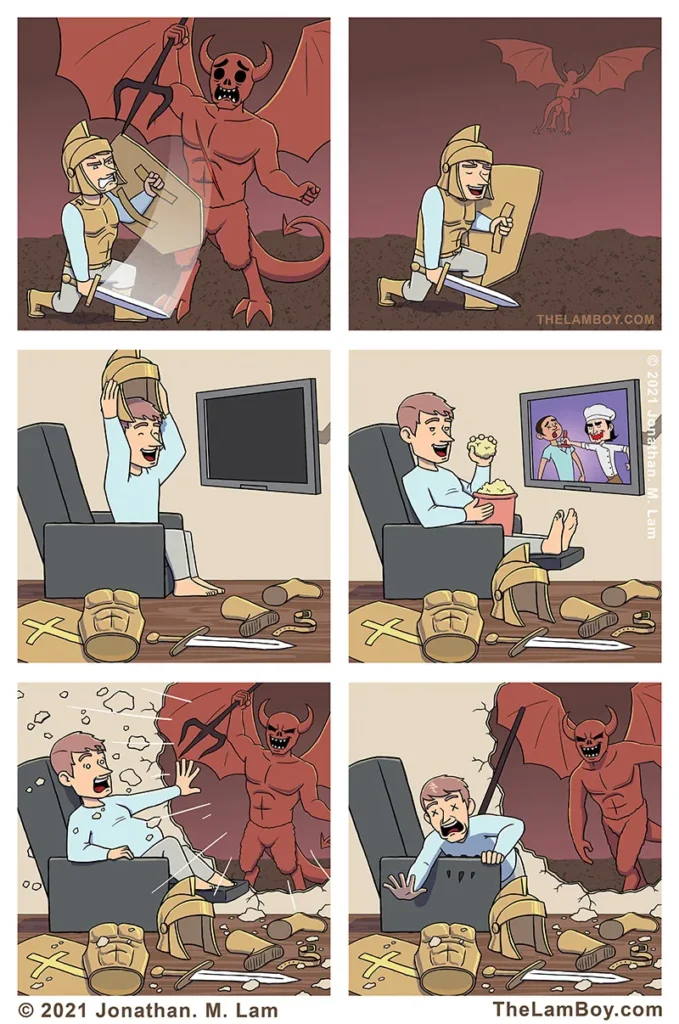26 Comics that pretend our perspectives are true
If you’ve ever lost track of time scrolling through comics, then yep—you get it. Comics have this way of pulling you into these weird, funny little worlds where absolutely anything can happen. That’s the magic, right? One moment you’re laughing at something totally silly, and the next—bam!—you’re hit with this twist you never saw coming. That’s what makes a good comic stick. The artist behind it? Lowkey shaping how we see things, even if it’s just for a few hilarious panels. Anyway, keep scrolling—you’re gonna love what’s next.
More Info: thelamboy
#1
#2

#3
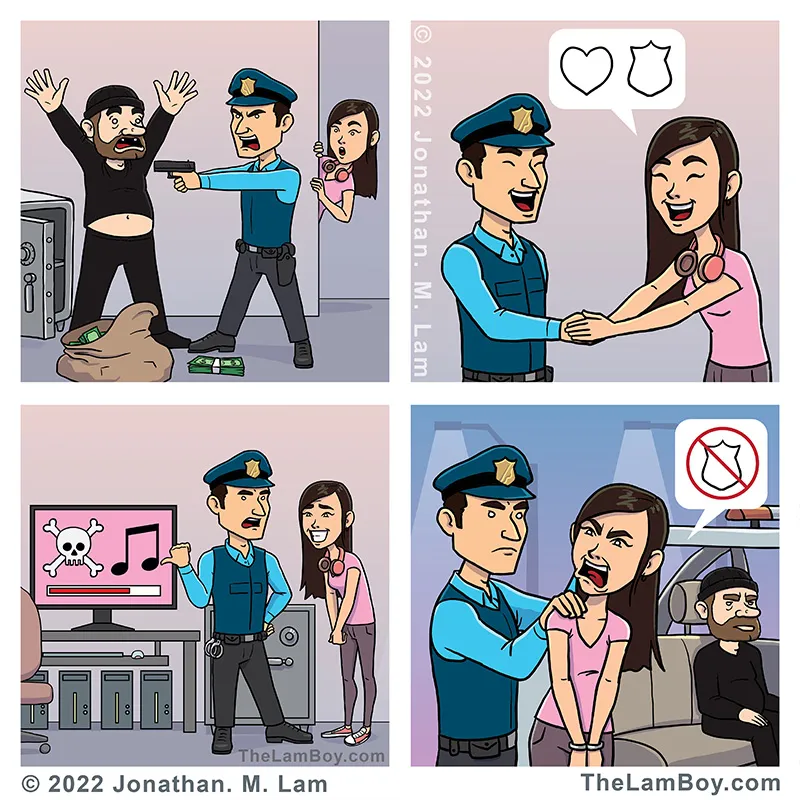
#4
#5
#6

#7
#8
#9
#10
#11
#12
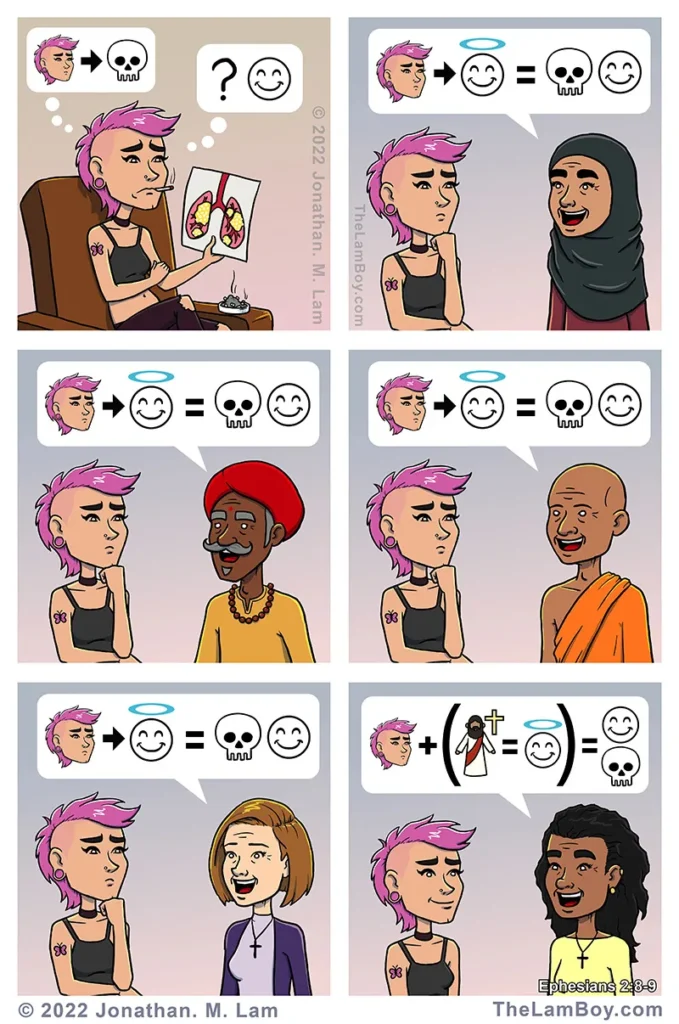
What’s really fascinating is how comics mess with our perception and make us feel things differently—even when they’re dead simple. Researchers talk about how comics blend text and images in ways that lean on our brain’s visual processing, helping us lock onto ideas and emotions quicker than plain text ever could wired.com. Then there’s the idea of masking —Scott McCloud’s theory that cartoonish, iconic characters let us project ourselves onto them, especially when the background is detailed and real en.wikipedia.org. So, these 26 comics that pretend our quirky thoughts or biases are zero percent weird—well, they’re doing double duty. They’re making us laugh, snort, or go “OMG, that’s me,” and simultaneously tricking our brains into feeling like we own that perspective, even if it’s totally over the top.
Also, there’s legit academic evidence showing that when comics are used in teaching or therapy, they actually reshape how people think—and not just in a cute way. One study found that mental health trainees believed comics had serious potential in training and therapy, especially with young people, and guess what—they felt more open to using comics if they’d read them recently olh.openlibhums.org+1. Another study even used comics-making as a tool for self-reflection; it noted that sketching your experiences—however silly or dramatic—can help you change how you see other people and situations arno.uvt.nl. So those little comics that make us realize our own biases? Turns out, they might actually help us shift our view, not just chuckle at it.
Advertisement – Continue Reading Below
#13
#14
#15
#16
#17
#18
#19
#20
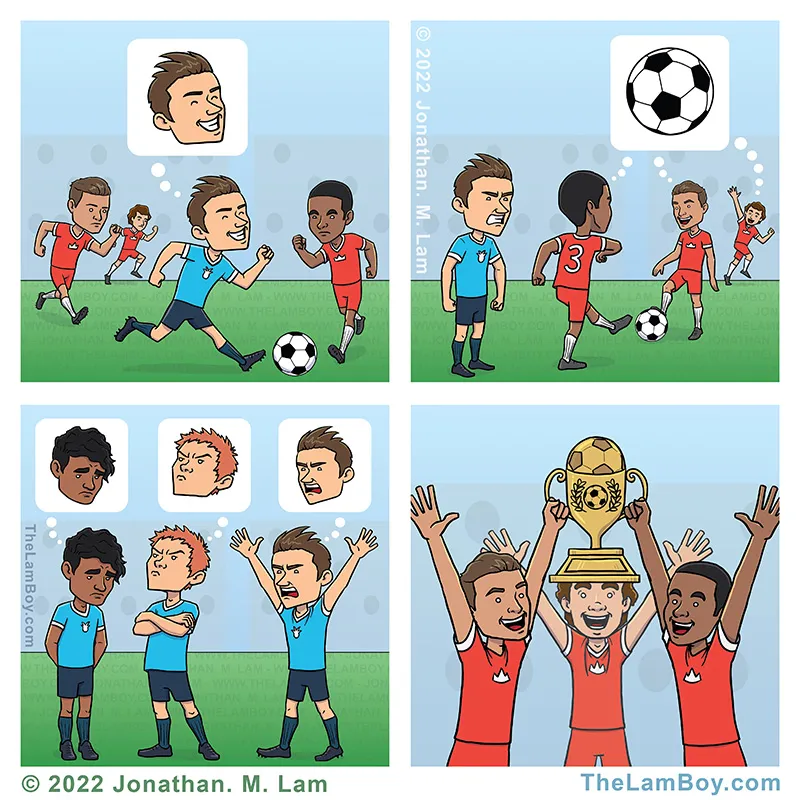
#21
#22
#23
#24
#25
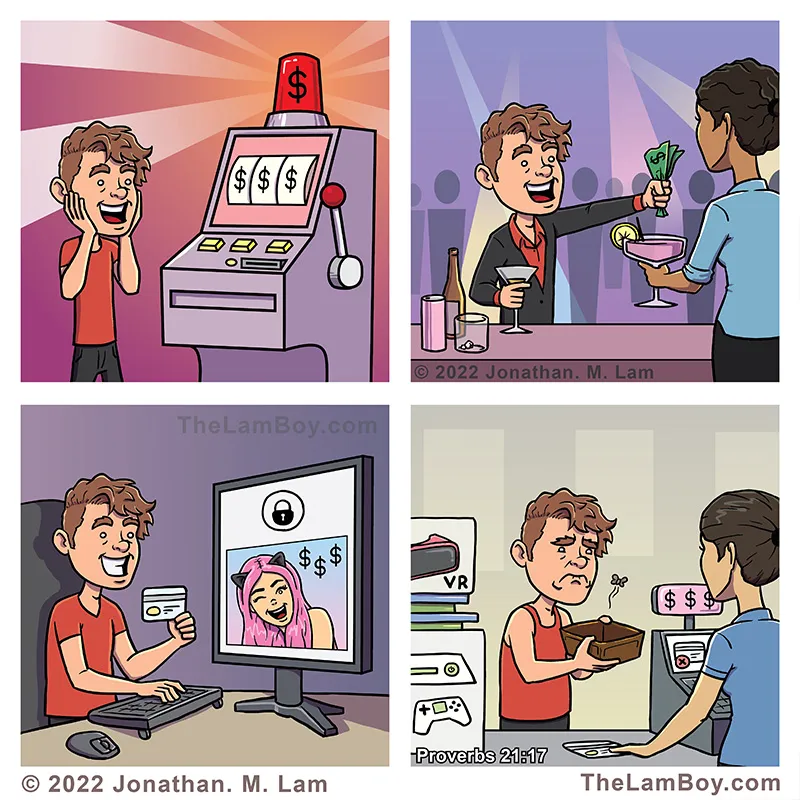
#26
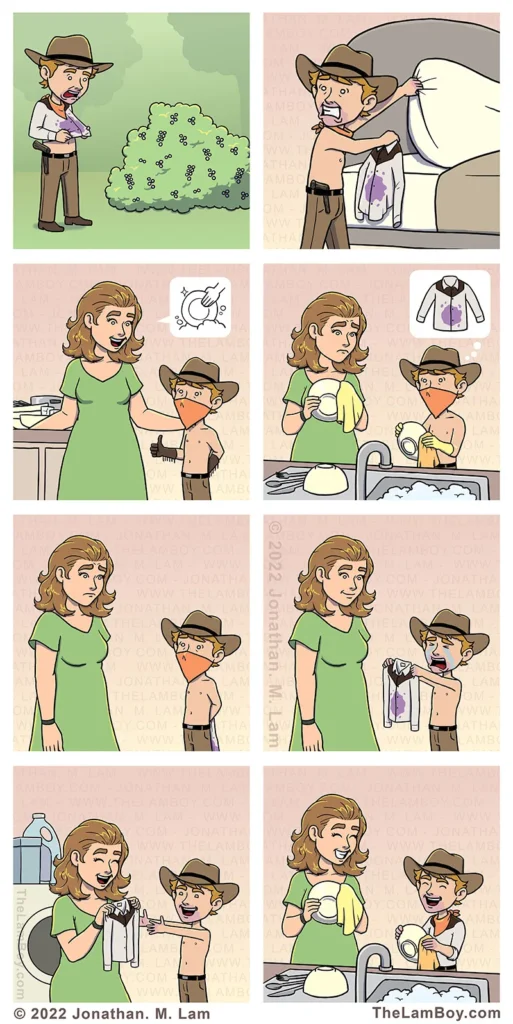
Let’s get a bit science-y for a hot second—but I’ll try to keep it chill. See, there’s legit research showing why these comics that pretend our crazy perspectives are gospel resonate so darn much. Cognitive scientists say that comics are powerhouses of visual storytelling—your brain is juggling so many things at once: images, text, context, sequencing—it’s like a mini brain‑gym session whenever you read one en.wikipedia.org+5wired.com+5en.wikipedia.org+5pmc.ncbi.nlm.nih.gov. And when a comic stretches your everyday thoughts—like freaking out over texting someone back—they don’t just make you laugh; they supercharge that moment of “OMG that’s exactly me.” That combo of visuals plus personal mental quirks hits both sides of your brain, making the joke land hard and stick around.
Beyond the brain‑stuff, comics are also champs at building empathy and emotional connection. Health educators use comics to distill heavy topics—from mental health to medical stuff—because they let us glimpse others’ perspectives in a comfy, relatable way qualitycomix.cominsideucr.ucr.edu. In that same vein, those 26 quirks‑on‑paper comics act like tiny mirrors—but way funnier. By exaggerating our own mental loops (“Did I just text someone too fast?”), they normalize even the weirdest thoughts through humor. It’s not just entertainment—it’s like they’re saying, “Hey, you’re not alone in your overthinking,” and oh, does that feel nice.
Conclusion
And that’s the thing—comics that lean into pretending our perspectives are the absolute truth are way more than gag factories. They’re like those friends who lovingly roast your habits, but in a way that feels like a hug. Because when you see your weird brain-thoughts played out in a comic, it’s not judgment—it’s connection. These 26 comics aren’t just funny, they’re weirdly comforting, a reminder that maybe our internal dramas are a little universal after all. So next time you’re overanalyzing a text or spiraling because someone glanced at you weirdly, hit up one of these comics and let it give you a “same, friend” kind of moment. It’s validation, but with a giggle.
Did you like this article? Follow us on Google News

